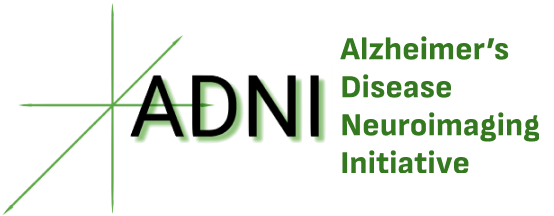Study Cohort Information
The ADNI study was designed to approximate an interventional clinical trial cohort. The standards and practices surrounding clinical trials are dynamic and have changed throughout the lifetime of the study, and as such the procedures surrounding enrollment within the ADNI cohort has continuously adapted to the latest trends in order to better serve its purpose as a model data set for trial design.
Participants are assigned to diagnostic cohorts upon enrollment in the ADNI study. This initial categorization is based on a thorough clinical diagnostic evaluation conducted during the screening visit.
The exact criteria for inclusion within each diagnostic category, as well as the categories themselves, have evolved throughout the history of the study. Data users who are interested in working with the ADNI data are encouraged to consult relevant sections of the Procedures Manuals for the different phases for more detailed information.
A high-level summary of the major diagnostic categories used in the study is presented below:




